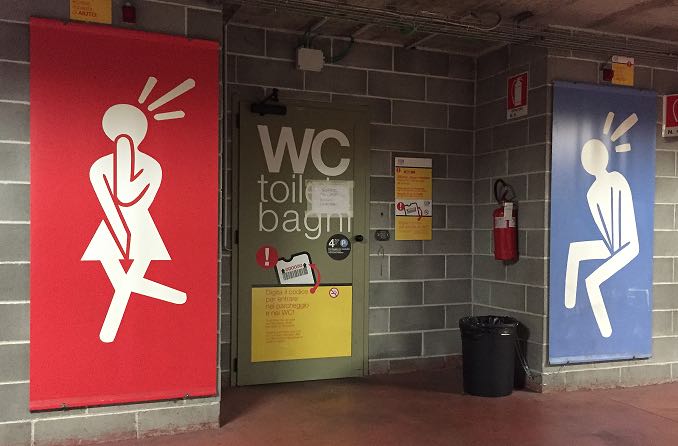If you take time to look around you, you may notice that you fit in: there are commercials about medications and pads, certain strenuous exercise programs that emphasize that you’re not working hard enough if you don’t leak, and then there’s your best friend who has 5 kids! Isn’t it NORMAL to leak a bit when you cough, sneeze, run or lift something heavy? The answer is an emphatic NO!
The problem with Stress Urinary Incontinence (SUI) is that it is very common, and so many women choose to just live with it. Up to 40% of women suffer from varying degrees of leakage. Many of these women have had children which compromised their pelvic floor muscles and support, but there are many other factors that contribute to this problem including high intensity exercise such as Cross Fit or running, obesity, and constipation to name a few. Whatever the cause, conservative treatment options including pelvic floor physical therapy can reduce or eliminate this problem.
What exactly is SUI? Simply put, it is a failure of the urethral sphincter muscles to withstand forces placed on the bladder, so urine leaks through the “gate”. From a pelvic floor rehab expert perspective, it is a bit more complicated than that. In order to understand it, it is better to have a general picture of the muscles of the trunk and the pelvic floor.
The basic anatomy involved in this condition includes the muscles surrounding the abdominal cavity. The abdominal cavity is composed of the diaphragm on top under the ribs, the abdominal muscles that surround the middle, and the pelvic floor muscles that support from the bottom. There are two kinds of pelvic floor muscles that we focus on in this case. In laymen’s terms, the ones that close the holes and the ones that act as a trampoline-like floor to create tension and hold all of our organs up and in.
What happens when we leak is that there is a pressure on the abdominal cavity that causes pressure on the bladder, which, in turn overrides the ability of the pelvic floor muscles to compress the urethra. Bearing down, coughing, sneezing or laughing all can cause this pressure. A great analogy of what happens would be holding a water bottle upside down with the cap not on tightly and squeezing.
Leakage is inevitable!
There are many reasons from a musculoskeletal perspective that this develops; Muscles that are too weak or too tight, fascia that’s been stretched by childbirth or bearing down from constipation or exercise, or a natural tendency towards hypermobility. The list goes on and on! The best way to determine your unique problem is to be evaluated by a women’s health physical therapist.
A women’s health physical therapist will assess you’re story, your habits and the contributing factors that exacerbate this problem. We assess your posture and your overall musculoskeletal health as well as what is happening internally with your pelvic floor muscles.
Free yourself from dealing with this ever so common problem! Stress urinary incontinence does not go away on it’s own, in fact it tends to get worse as we age. Start now by empowering yourself with the knowledge to address this issue by seeing one of our Freedom Physical Therapy Services women’s health care providers. We’d be happy to help!

